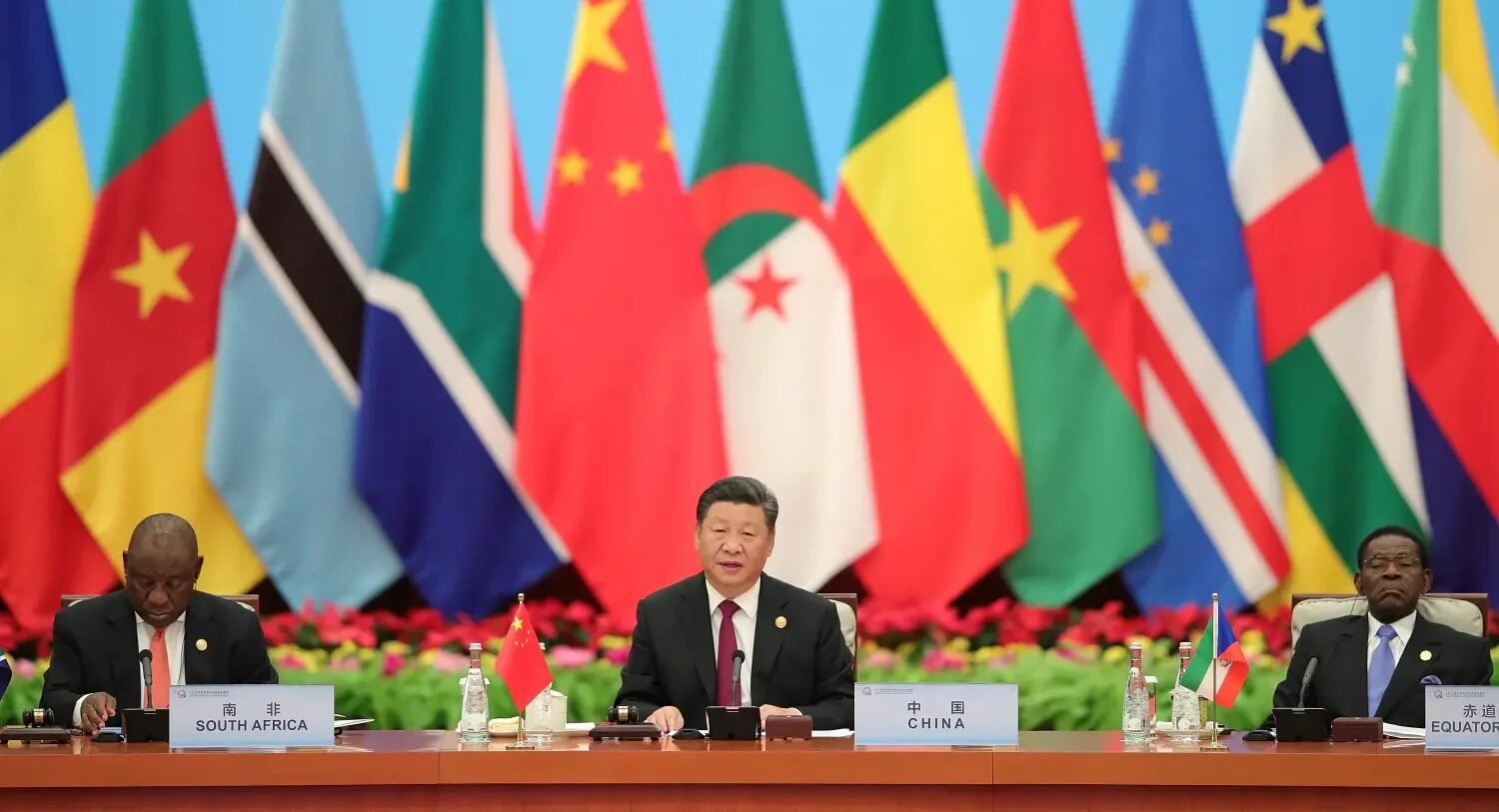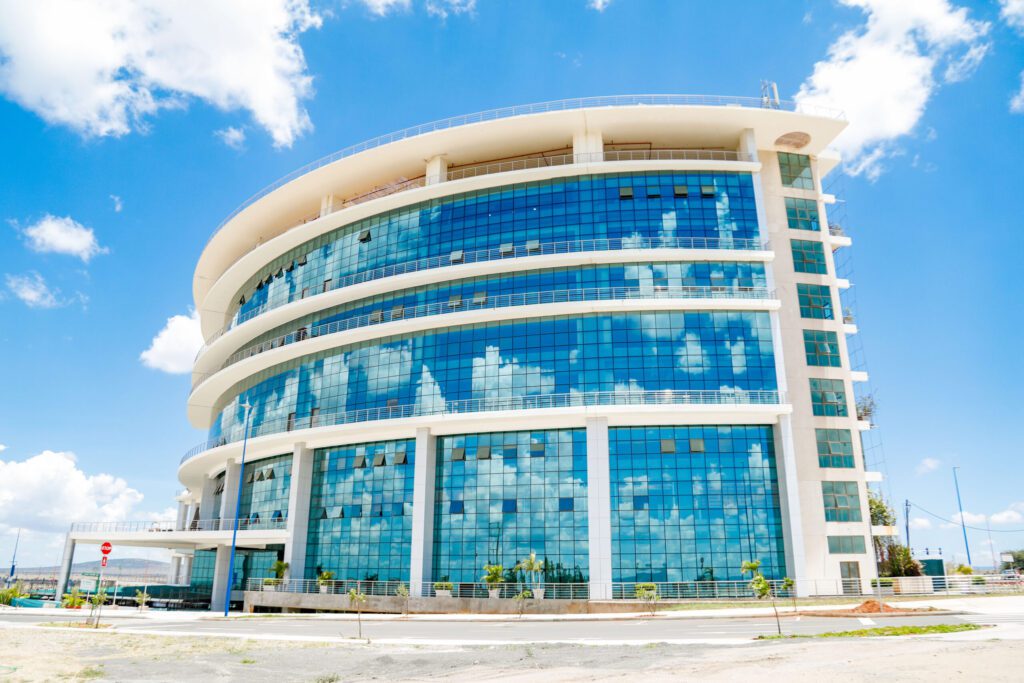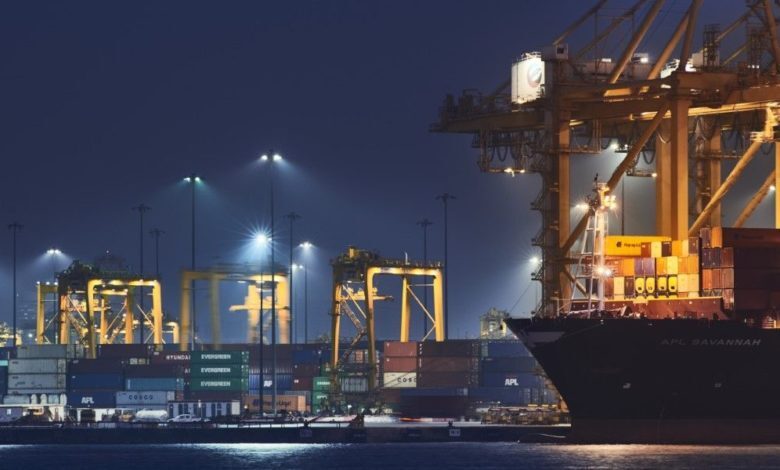
Tuesday 18th November 2025

by inAfrika Newsroom
Kenya is moving to accelerate Konza Technopolis as a flagship smart city, with new budget allocations, an AI-powered control centre and a renewed push for private partners. Authorities see the project as a model for how African cities can pair digital infrastructure with green urban growth.
In the 2025/26 budget, the National Treasury set aside 3.1 billion shillings for data centres and smart city facilities at Konza. The funds will help build out cloud infrastructure, intelligent transport systems and municipal services that run on real-time data. The allocation is smaller than last year’s but is tied more directly to specific phases of construction.
The government recently commissioned an Intelligent Operations Centre that uses artificial intelligence to manage city systems. Officials say the centre links to the national data centre and supports more than 23,000 services on the eCitizen platform, ranging from business registration to land records. The facility also monitors utilities, security feeds and traffic flows across the site.
Urban designers highlight Konza’s physical infrastructure as another test case. The city includes a 120 megawatt smart power substation, a wastewater recycling system and landscaped green corridors built for pedestrians and cyclists. The plan is to attract tech firms, research institutes and conference venues while offering affordable housing for workers.
Why it matters: Many African capitals struggle to retrofit ageing districts with reliable power, drainage and digital links. Purpose-built cities such as Konza allow planners to design fibre routes, transport corridors and green spaces from the start. If the model works, it could influence how secondary cities expand and how industrial parks, campuses and new suburbs integrate digital systems.
Investors view the project as a long-term play. Konza is courting vendors and partners for data centre services, IoT networks and smart city solutions. Authorities promote public–private partnerships as the main way to finance later phases, using government funds to de-risk early infrastructure.
The project still faces hurdles. Land assembly, housing demand and transport links to Nairobi will determine whether enough residents and businesses move in. Competing priorities in the national budget could also slow funding if economic conditions tighten. Civil society groups want stronger guarantees on affordable housing, open public spaces and transparent procurement.
Kenyan officials argue that Konza already offers useful lessons. They point to the integration between the city’s data centre and national platforms, the emphasis on renewable energy and the use of AI in city operations. If these elements hold, Konza could help define African standards for smart power, digital IDs and real-time service delivery in fast-growing urban regions.


